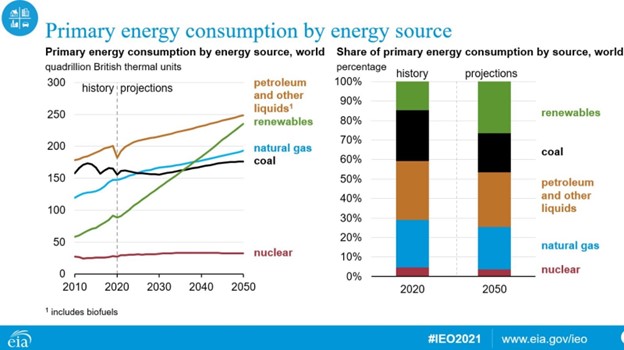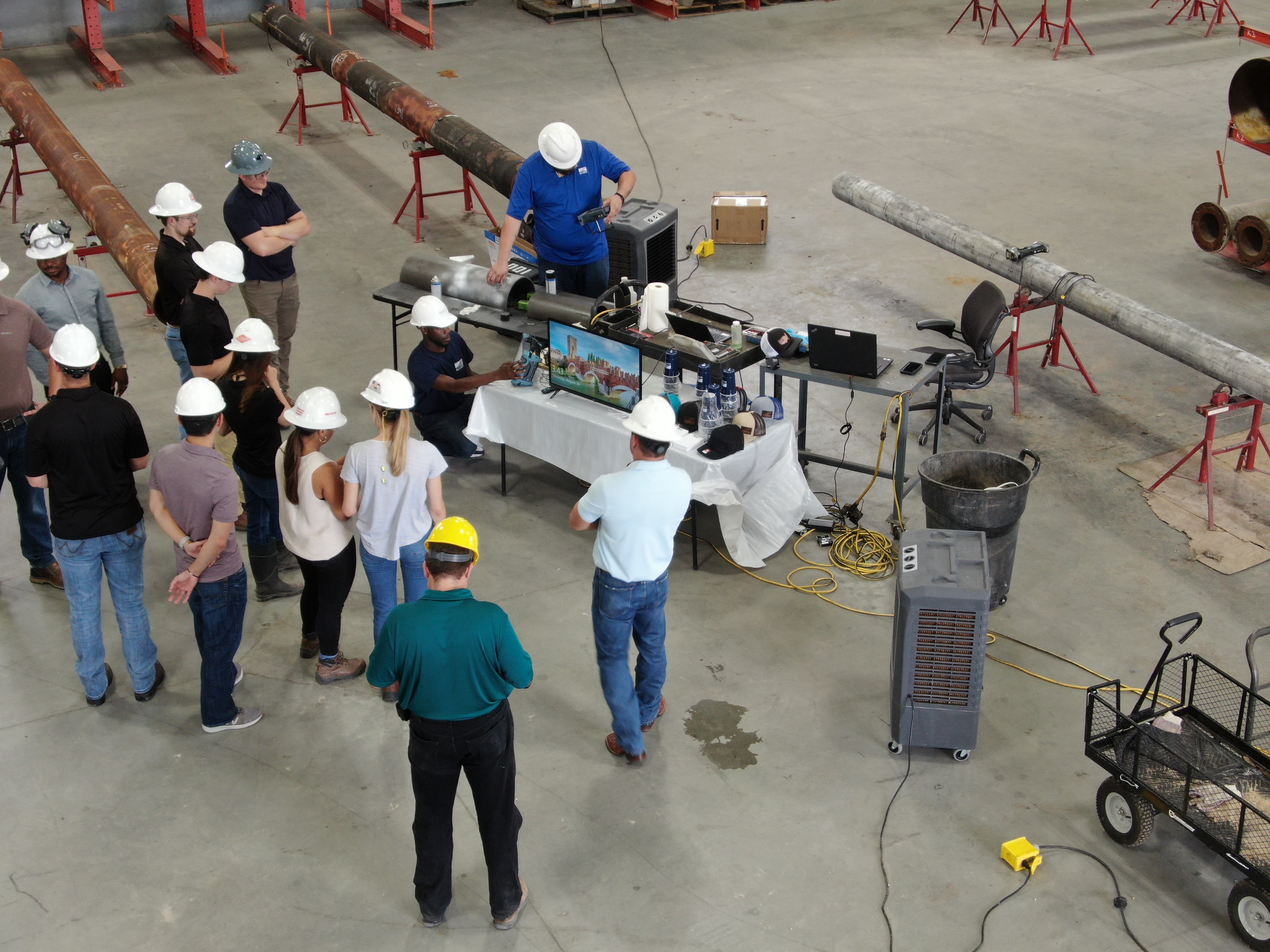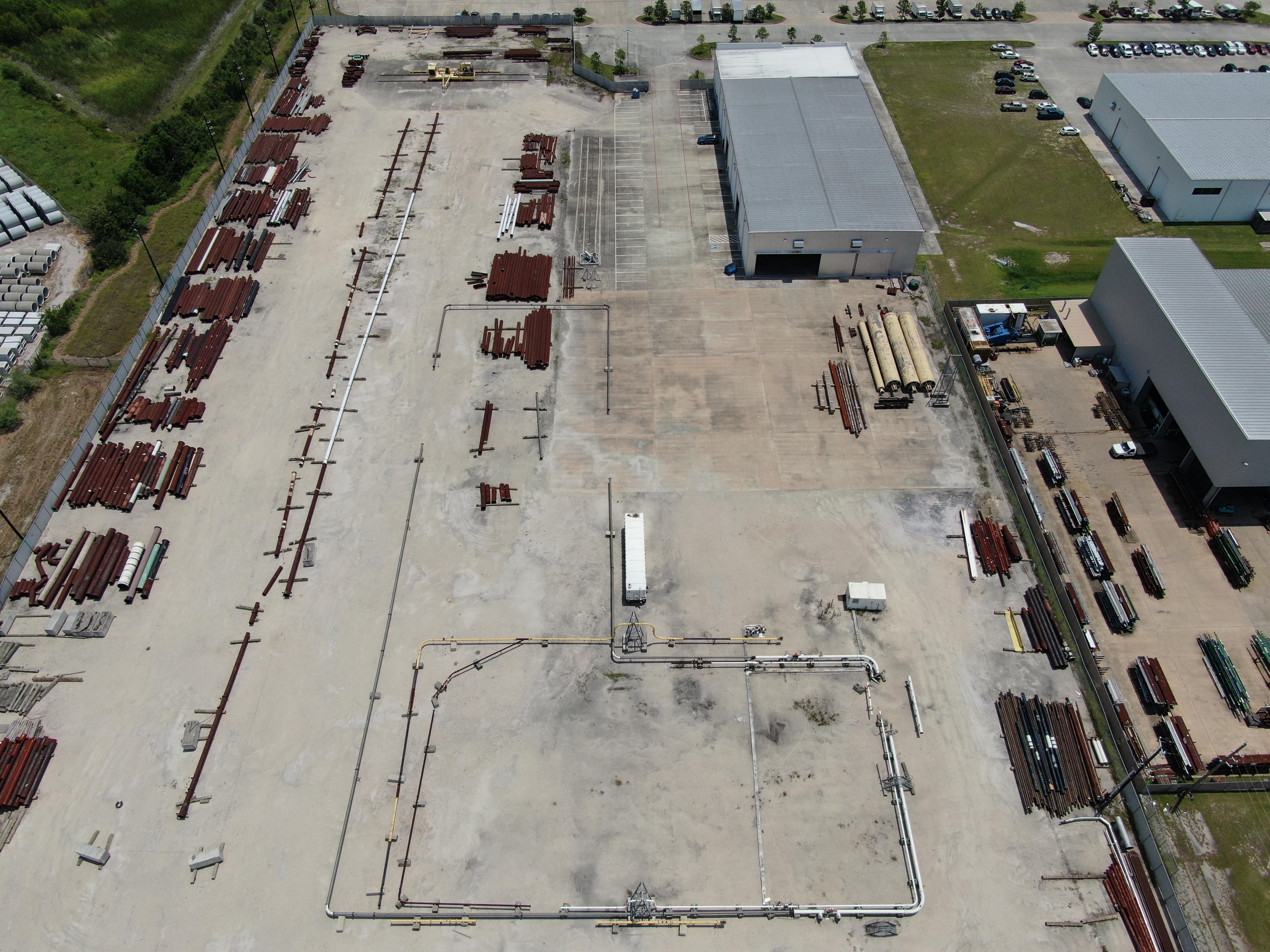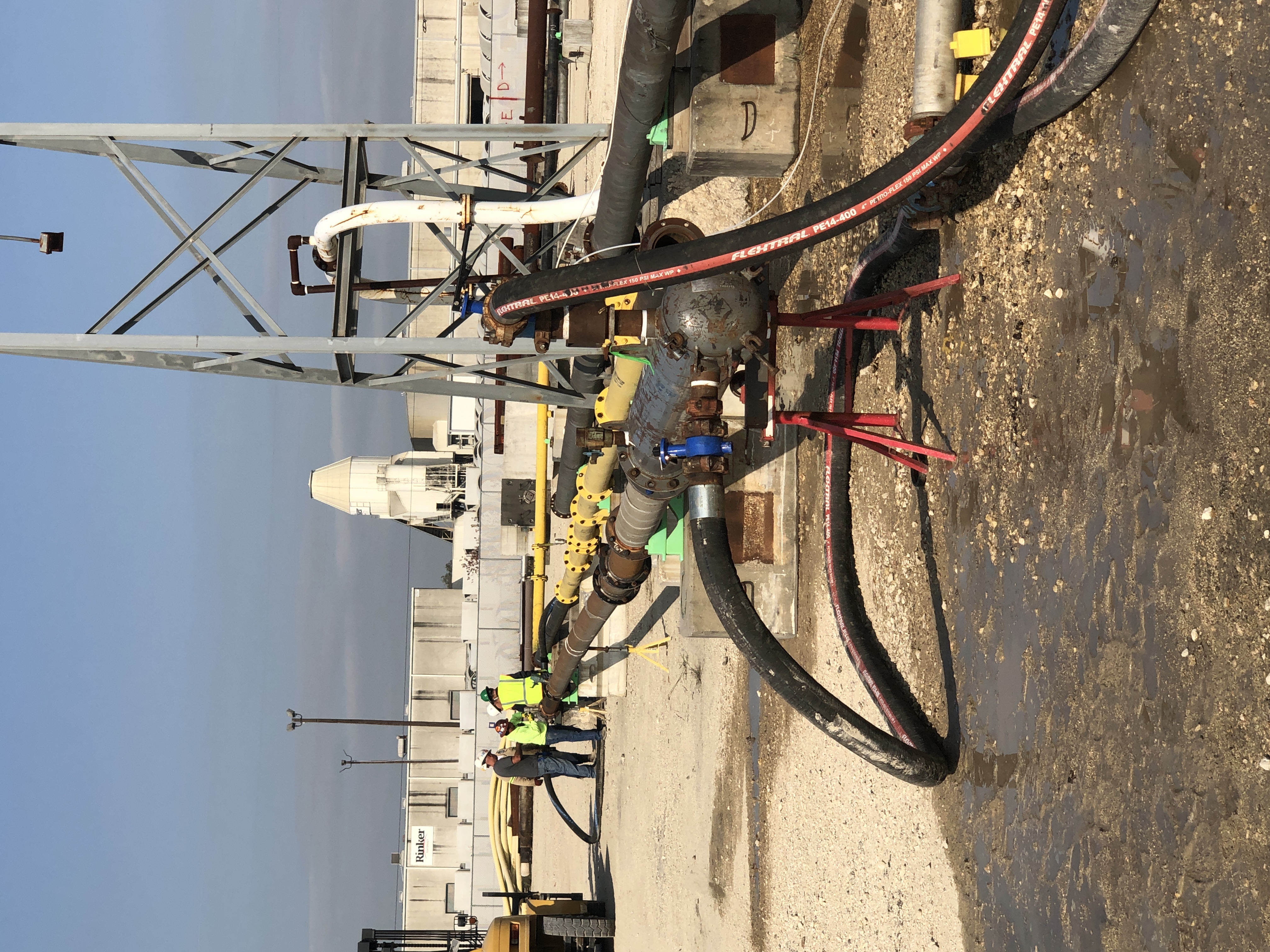July 2022, Vol. 249, No. 7
Features
PRCI Leading the Way into the Energy Future
By Cliff Johnson, President, Pipeline Research Council International (PRCI)
When a small group of pipeline operators at a conference realized they were each experiencing brittle cracks in their pipelines, they also realized the power of collaboration. Within two short years of pooling resources and research, a solution presented itself to end the decades-long issue.
Knowing there were more challenges, the pipeline operators continued working together. Seventy years later, the Pipeline Research Council International (PRCI) continues to enhance pipeline safety and integrity through collaboration. PRCI has become the key technical resource for transportation and storage of energy.
The energy pipeline industry is now facing its next key challenge – a low-carbon future. In many places around the world, fuels are mandated to change within years, not decades. The U.S. Energy Information Administration has projected the demand for renewable energy will grow over the next 30 years, from a global usage of 100 Btu annually in 2020 to approximately 250 Btu in 2050.
To meet this increased demand, the industry must either build new pipeline systems or determine the safest way to transport and store these new fuels in the existing pipeline systems. There is no single right answer, except that these proactive solutions are needed sooner rather than later.

PRCI has recognized that urgency and strengthened efforts around enhancing the current pipeline assets are needed to transport and store hydrocarbons. Three key initiatives will assist in the transition to emerging fuels. Building upon the core research program, the Strategic Research Priorities (SRP) will execute these initiatives through eight focused technical committees.
With more than 1,600 samples to provide the opportunity for testing and developing pipe integrity for people, processes and tools, PRCI is also building upon the current Technology Development Center in Houston, Texas.
Similarly, the Virtual Technology Development Center was recently launched to share data and learnings with our members and the industry. Finally, emerging fuels present new and different needs; thus, the Emerging Fuels Institute (EFI) was established.
EFI is a forum for issues and expertise regarding the next generation of fuels. Individually, these initiatives are making pipelines safer; however, to make the advances needed to transition to a low-carbon future, it is vital that all three work in concert.
Strategic Research Priorities
Taking a cue from its earliest days, PRCI members identified the most common threats that impact the safe operations and integrity to pipeline systems. To drive the research, SRPs were initiated in 2020. Their execution allows PRCI to collaboratively address key strategic industry initiatives and issues in which there are near-term opportunities to develop significant outcomes for the industry in the interest of public safety.

While each of the following areas has been an ongoing PRCI focus for decades, SRPs now drive to completion key efforts within each of the topics. The first three SRPs are as follows:
1) Reduce Greenhouse Gases Emissions to provide greenhouse gas reduction technology in the combustion process for both fugitive and vented natural gas.
2) Create Pathway to Achieve Efficient and Effective Crack Management to focus on the prevention of failures in pipelines caused by crack-like defects by improving susceptibility models and inspection technologies, resulting in accurate assessment/remediation and ultimately management.
3) Optimize the Detection and Mitigation of Mechanical Damage to consolidate mechanical damage research to effectively manage deformations identified through condition assessments to ensure repairs are made where they are truly needed.
The mechanical damage SRP is nearing completion and will be finished in early 2023. The crack management and greenhouse gas emissions SRPs will be complete in 2024. Following the successful starts of these first three endeavors, PRCI is developing the next SRPs for leak detection, pipeline of things, human factors and geohazard management.
Technology Development Centers
Research needs both location and data, which are time-consuming and expensive to create. To that end, PRCI established two resources to advance research for members and the industry. The first was the creation of the PRCI Technology Development Center (TDC) in 2015. The newest resource is the PRCI Virtual Technology Development Center (VTDC).
Technology Development Center
PRCI continually works to enhance the tools, processes and personnel involved in pipeline safety and integrity. TDC in Houston is a major commitment by the energy pipeline industry to address the key issues it faces to ensure the safety of the national and international pipeline system.
TDC provides the industry with an independent third-party site to fully understand the capabilities of current tools and to guide the development of new technologies needed to push toward that goal.
A key resource of the TDC comprises more than 1,600 pipe samples with defined and measured defects. This enables service companies to work on real-world samples to improve their inspection technologies and provide a greater degree of assurance of the integrity of pipeline systems.
TDC provides not only a place to execute research but also to demonstrate how to put the research into practice. Members and non-members use TDC in a variety of ways, which often combine classroom learning with hands-on training.
The ability to store former in-service pipe materials with real-world pipeline features and flaws in a single location is invaluable to PRCI’s R&D Program as the industry transitions to a low-carbon future. It also provides a central point for hosting industry-sponsored training and workshops.

Virtual Technology Development Center
The safety and integrity of the global energy pipeline system relies on detailed analyses of relevant data leading to informed decision-making. Shared learning significantly improves the ability to perform this critical analysis.
VTDC is a virtual center for members to develop technology-based solutions for operating problems in the energy pipeline industry through data collected and shared information and knowledge.
VTDC leverages collaboration to create opportunities for a greater impact in the pipeline industry by using data and information not previously consolidated in one convenient location.
PRCI researcher Rick Rans said, “This is a good way to streamline the process of research. The VTDC creates reports of common data from multiple projects which saves time searching for it, makes discovering connections easier, and it expands the scale of available data.”
PRCI will roll out the VTDC in stages. The first stage supports information sharing around materials properties and burst pressure databases. The next stage provides a platform to share information and learnings; the first project in this area will focus on river crossings. VTDC will enhance the knowledge of river crossings by bringing together expertise from more than a dozen operators around the world to understand the impact of the environment around the pipelines.
PRCI Emerging Fuels Institute
The current pipeline infrastructure will play a key role in the energy transition. As PRCI members and the industry pivot to support the goal of a low-carbon future, PRCI established the Emerging Fuels Institute (EFI) to ensure the safety and integrity of the pipeline system for today and tomorrow.
There are many technical challenges that need to be addressed for the next generation of fuels. EFI will provide the opportunity to execute the research needed to ensure the safe transportation and storage of the next generation of energy, such as hydrogen, renewable natural gas (RNG) and other potential gas and liquid fuel sources that will help meet the world’s energy needs while reducing the impact to the environment. Areas the EFI will initially focus on are the following:
- How to ensure the integrity of inspection tools with new fuels
- How to address the challenges associated with storing hydrogen using current assets
- What advancements in materials, design and processes are needed for retrofitting the pipeline systems for transport
Creation of EFI enables PRCI members and the industry to make the transition to the next generation of energy a reality.
Throughout the pipeline industry, research and work continues around the world. PRCI recognizes the importance of working together, especially to achieve the identified goals of a low-carbon future.
To enable the pipeline industry to move into the next generation of fuels, PRCI develops memorandums of understanding (MOU) to advance its research. The most recent has been an expansion of its current partnership with the American Petroleum Institute (API) to focus on including the research output of the EFI into the appropriate industry standards. The relationship will be useful in developing the guidance needed to enable operators to transport and store emerging fuels.
PRCI has a long history of partnering with organizations in the U.S. and around the world to advance pipeline system integrity and safety. PRCI has actively worked with the U.S. Department of Energy (DOE), the U.S. Department of Transportation Pipeline & Hazardous Materials Safety Administration and the Canada Energy Regulator to provide technical resources as they promote pipeline safety.
In addition to working with several governmental bodies across North America, PRCI has expanded its international partnerships to include the Fuel Future CRC (Australia) and the European Gas Research Group (GERG) to align activities across the globe.
Working with the European Pipeline Research Group and the Australian Pipeline & Gas Association, PRCI is addressing corrosion challenges, building upon current knowledge for design and construction of new pipeline assets and strengthening pipeline integrity of the global pipeline infrastructure.
Low-Carbon Transition
Enhancing current pipeline assets will continue to be a critical part of safety in the global energy story for many years to come, especially in the transition to a low-carbon future. “Developing research to enable our members to attain zero failures is a driving force within PRCI. We are building on our 70 years of history to assist our members and the industry as we work towards a low-carbon future through the transport and storage of emerging fuels,” stated Mark Gebbia, PRCI executive board chair.
From the group of 15 pipeline operators, who set out to solve a single issue in 1952, to 70 years later, PRCI was begun by collaboration. Today, that collaboration is needed more than ever to advance the energy pipeline industry into the future safely.






Comments